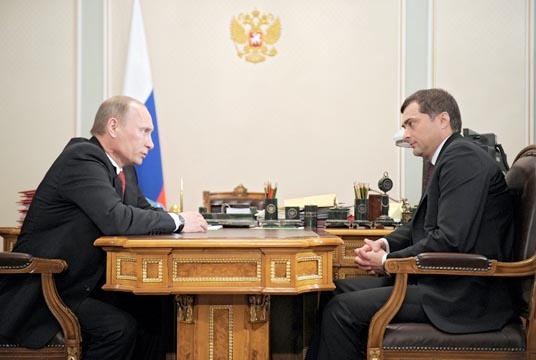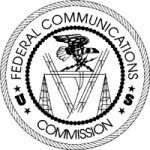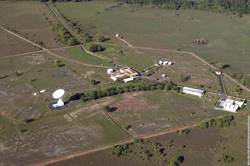In a meeting Friday (December 30, 2011), Russian Prime Minister Vladimir Putin told the newly appointed deputy prime minister, Vladislav Surkov, that he wants his long-time political ally to provide political oversight for GLONASS.
In a meeting Friday (December 30, 2011), Russian Prime Minister Vladimir Putin told the newly appointed deputy prime minister, Vladislav Surkov, that he wants his long-time political ally to provide political oversight for GLONASS.
According to a transcript posted on the official Russian government website, Putin said in a formal conversation with Surkov, “I would like to ask you to oversee such hi-tech projects as GLONASS, as well as to expand the efforts to develop education, science and healthcare, and to upgrade this entire complex by making it more modern and innovative.”
Citing Surkov’s work as a member of the Presidential Commission for Modernization and Technological Development of Russia’s Economy, Putin said in yesterday’s meeting that the new deputy would “continue working on the modernization policy.”
President Dmitry Medvedev appointed Surkov, 47, deputy prime minister on December 27. Surkov served as chief of the Russian Presidential Administration from 1999 to 2011 where he is said to have been a powerful force in shaping the current political system and playing an important role in Putin’s 2004 election campaign.
In commenting on the appointment, the Russian news agency RIA Novosti said, “The reshuffling of Surkov was widely viewed as a sop to opposition forces who had accused him of being instrumental in the introduction of stricter controls over state media and the suppression of opposition political groups and activists during Putin’s two terms as president.”
GLONASS regained full global coverage on December 8 with the activation of the 24th satellite in its constellation, with eight healthy spacecraft in each of three orbital planes. The constellation first reached its full operational capability with 24 spacecraft in 1995, but subsequently dwindled to a handful of functioning satellites by 2001 due to budget cuts and political lapses following the fall of the Soviet Union.






